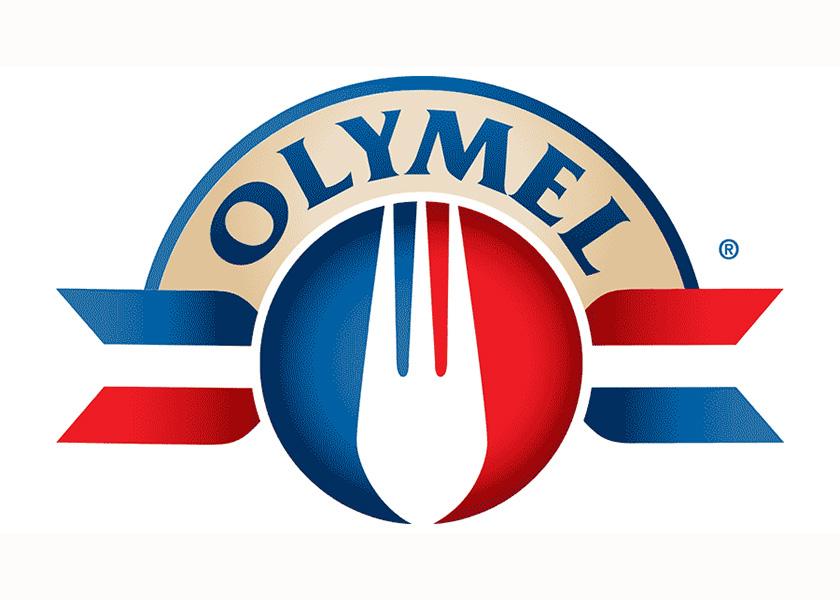Olymel Reduces Sow Herd by 17,000 Due to Market Uncertainty

Olymel is cutting about 80 jobs as it reduces hog production in Western Canada due to ongoing financial losses and market uncertainty, CBC News shared. Olymel's western sow herd will decrease from 57,000 to 40,000 sows in production.
The company said it will close six sow units over the next few months, affecting approximately 80 people who have been notified and given layoff notices, the article said. The closures include five sow units in Alberta and one sow unit in Saskatchewan.
This action will result in a reduction of approximately 200,000 market hogs annually supplied to Olymel's Red Deer slaughter plant, the article pointed out. However, the company said the impact will not be felt until at least 2024 and is contingent upon the availability of independent hog supply.
Yanick Gervais, CEO of Olymel, shared that the company's significant losses in the fresh pork processing sector and the unprecedented challenges posed by high feed costs in the hog industry. The restructuring of Olymel's Western Canadian integrated hog sector is necessary to position the company for success in the future when market conditions improve.
The affected barns will remain closed until there is an improvement in market conditions. In April, Olymel announced that it will close a hog plant in Vallee-Jonction, Quebec, late this year, laying off 994 people.
More from Farm Journal's PORK:
Olymel Closes Pork Plant, Lays Off 994 People







